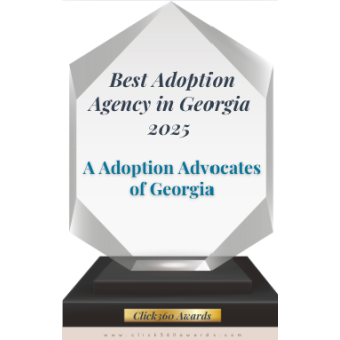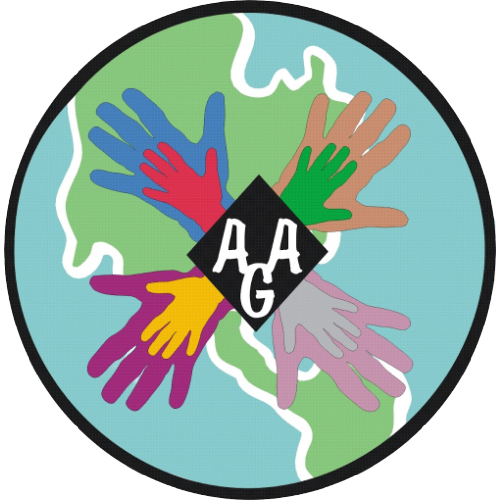Understanding Open vs. Closed Adoptions: Choosing the Best Option for Your Family
When you're considering adoption, the excitement and anticipation can quickly be accompanied by a flood of decisions, some logistical, others deeply emotional. One of the most important decisions prospective adoptive parents and birth parents face is whether to pursue an open adoption or a closed adoption. Both options are valid, and each comes with unique benefits and challenges depending on your circumstances, values, and long-term vision for your family.
At Adoption Advocates of Georgia, we’ve walked alongside hundreds of families through both kinds of adoption journeys. What we’ve learned is this: there’s no one-size-fits-all approach. The right choice is the one that supports the child’s best interests while respecting the emotional needs of everyone involved.
Let’s take a closer look at the differences between open and closed adoptions and what you should consider before choosing your path.
What Is an Open Adoption?
Open adoption is a type of adoption where some level of communication or contact is maintained between the birth parents, adoptive parents, and, when appropriate, the child.
This communication can range from occasional letters and photos to regular phone calls, video chats, or even in-person visits. In most cases, the specifics of the relationship are outlined in an open adoption agreement, though it’s important to note that these are not always legally binding in Georgia.
Benefits of Open Adoption:
- Access to medical history and background: The adoptive family has more insight into the child’s genetic and health background, which can be incredibly helpful down the line.
- Sense of identity for the child: Knowing where they come from helps many adopted children feel more grounded and secure in their identity.
- Peace of mind for birth parents: Birth mothers and fathers often feel comforted knowing their child is thriving and that they didn’t vanish from their child’s life forever.
- Collaborative spirit: Open adoptions can foster a healthy, respectful relationship where all parties are working together in the child’s best interest.
However, open adoption does require strong boundaries, communication, and emotional maturity from everyone involved. It’s not always simple, but for many families, it’s worth it.
What Is a Closed Adoption?
Closed adoption means there is no contact or identifying information exchanged between birth and adoptive families. The child may not have access to their birth family’s identity, and vice versa. While this approach was once the norm, it’s less common today, but still the right choice in certain situations.
Benefits of Closed Adoption:
- Privacy: Some birth parents choose closed adoption to move forward without ongoing emotional ties, especially in difficult or traumatic circumstances.
- Clear boundaries: Adoptive families may appreciate the simplicity and clarity of a clean slate without external influences.
- Emotional closure: In certain cases, a closed adoption can help birth parents or adoptive families heal without the complexity of continued contact.
That said, some children in closed adoptions may struggle with questions about their identity or origin later in life. And with today’s digital world, true anonymity is harder to maintain. Many adoptees still seek out their birth families through DNA services or online searches.
Which One Is Right for You?
Here’s the truth: the “right” choice depends on your family’s unique needs. Whether you’re a birth parent trying to make the best decision for your child or hopeful adoptive parents preparing to welcome a new life, there are several questions you can ask yourself:
- Am I emotionally prepared to maintain an ongoing relationship?
- What kind of boundaries feel comfortable for me?
- How will this choice affect the child in the long term?
- What are the expectations, and are they realistic?
It’s okay if your answers evolve. Many families start with semi-open adoptions (limited communication through an agency) and shift into more open arrangements over time.
At Adoption Advocates of Georgia, we walk each family through this process carefully. We believe in informed choices, not pressure. Whether you lean toward open or closed, you’ll have compassionate, experienced guidance every step of the way.
Final Thoughts
Adoption is never just a transaction; it’s a lifelong journey rooted in love, courage, and sacrifice. Choosing between open and closed adoption is one of the most personal decisions you’ll make. That’s why it’s so important to surround yourself with support, ask questions, and take your time.
No matter what path you choose, remember this: adoption isn’t about what’s easiest, it’s about what’s best for the child. And sometimes, that means doing the hard emotional work up front so everyone involved can move forward with peace, confidence, and dignity.
Can an open adoption become closed later on—or vice versa?
Yes. Adoption plans can evolve. Some open adoptions naturally grow more distant, while some closed adoptions may open later if all parties are willing.
Is open adoption legally enforceable in Georgia?
Georgia does not currently recognize legally binding open adoption agreements. However, good-faith agreements can be made and upheld informally when trust is established.

